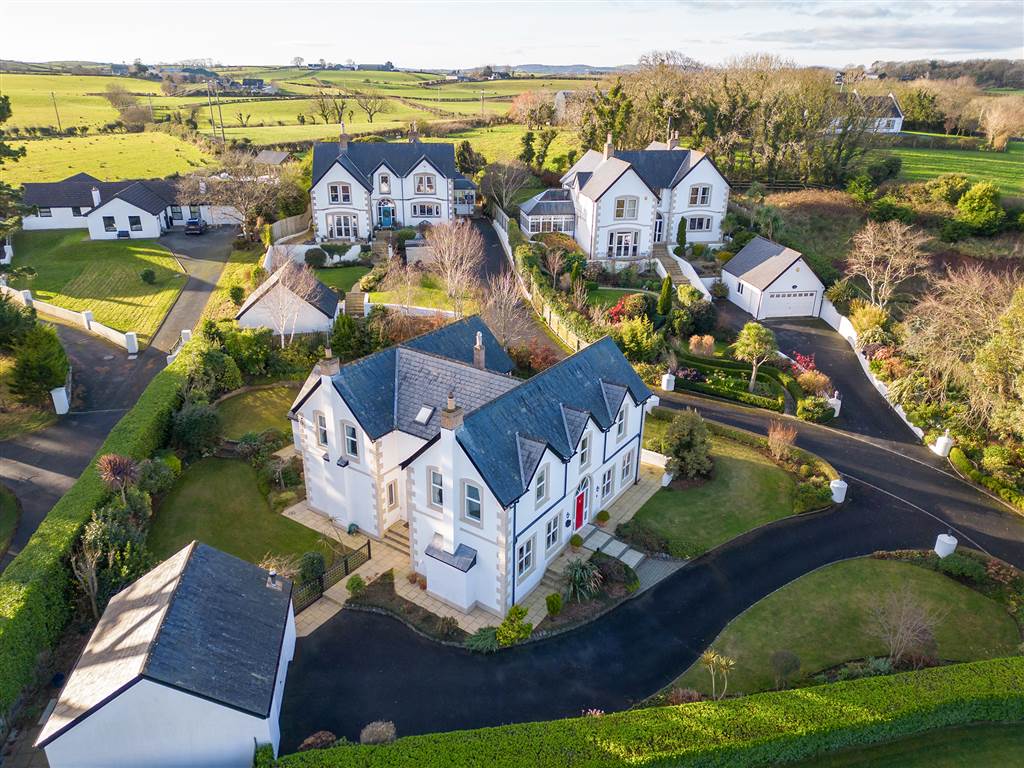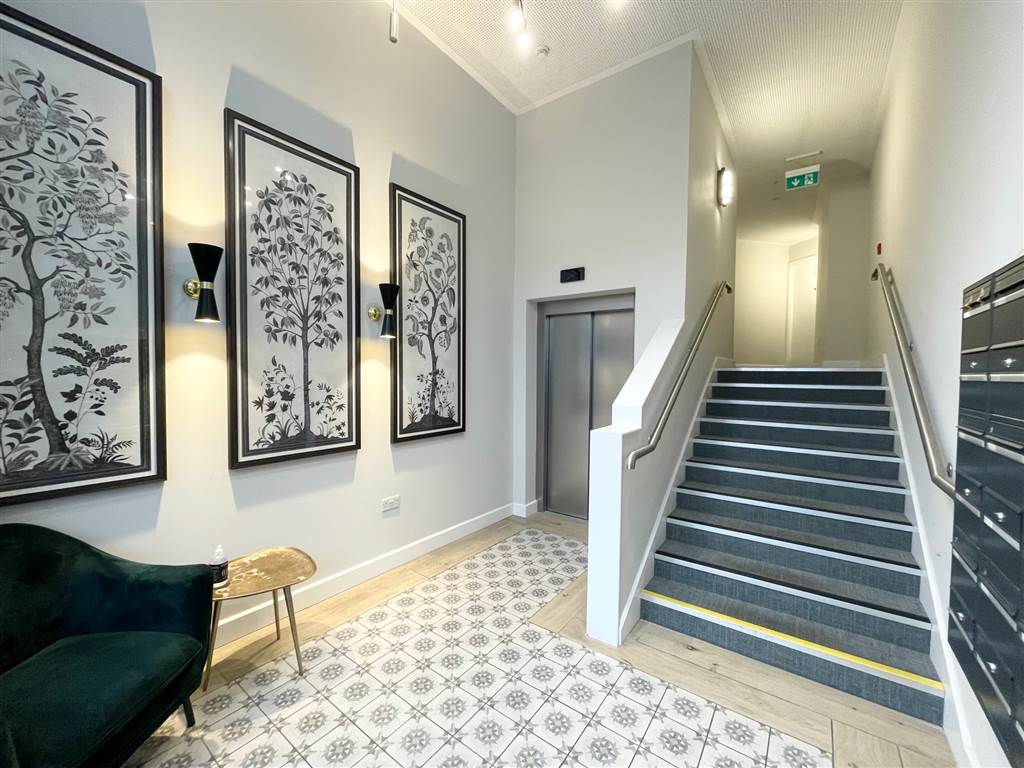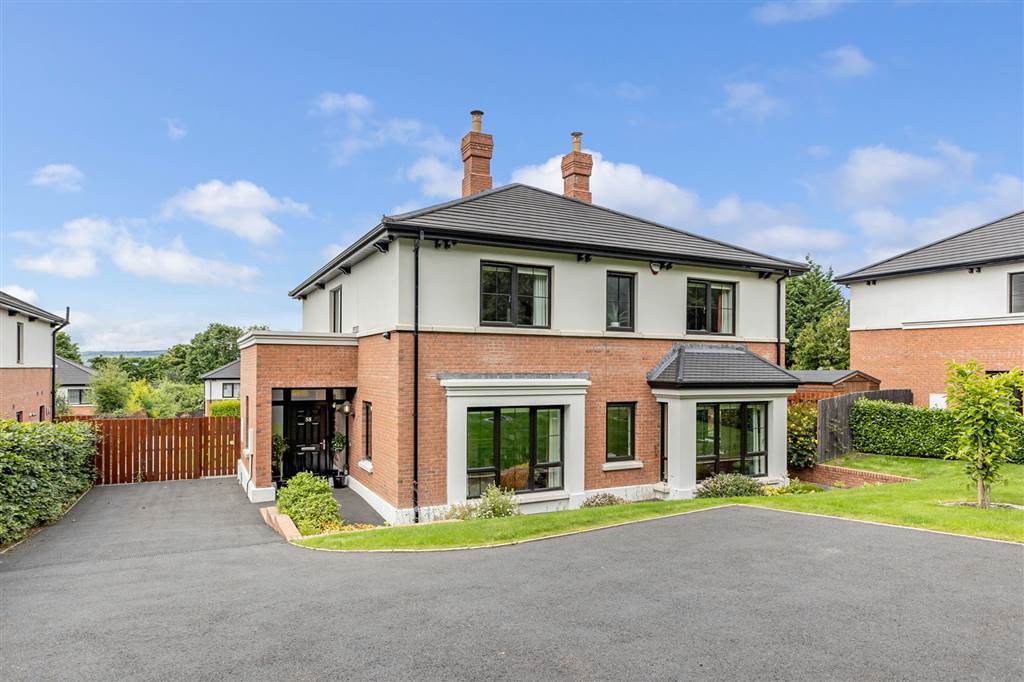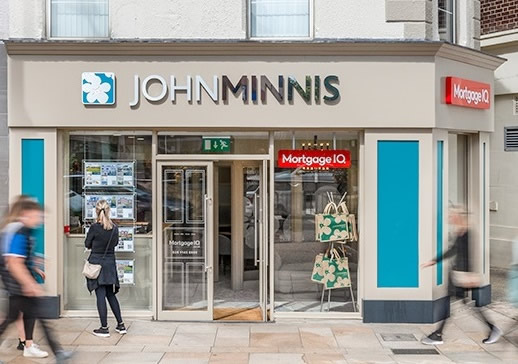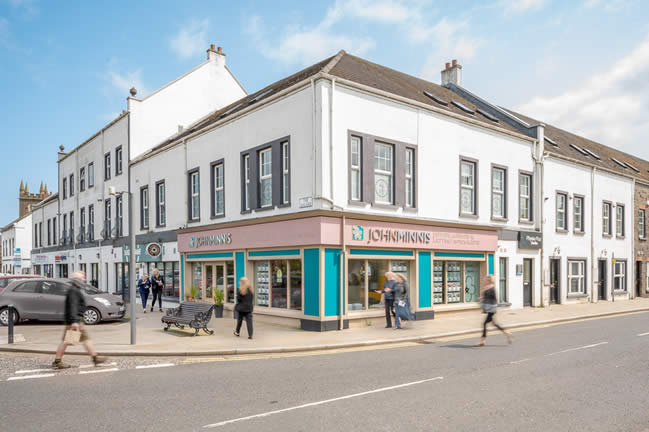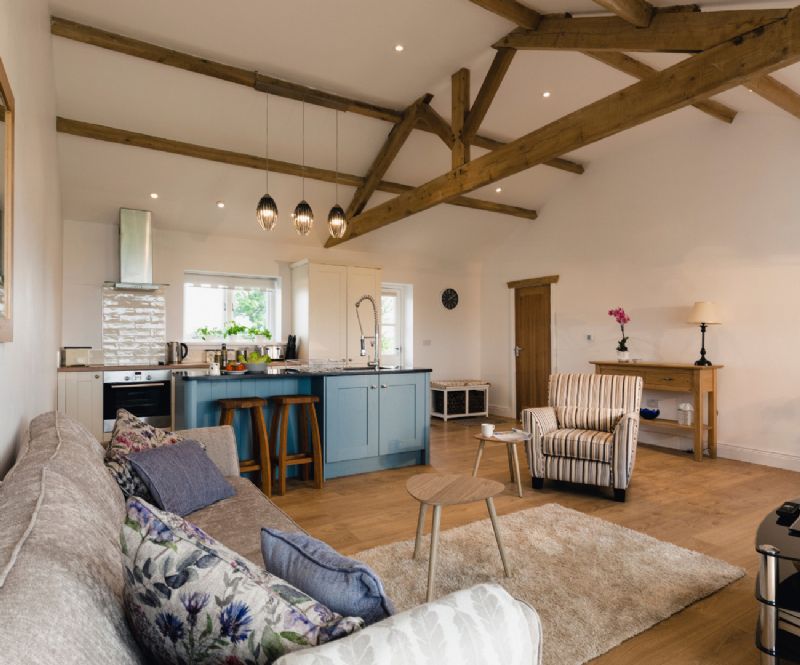What is an Annex and How Can it Add Value to your Home?
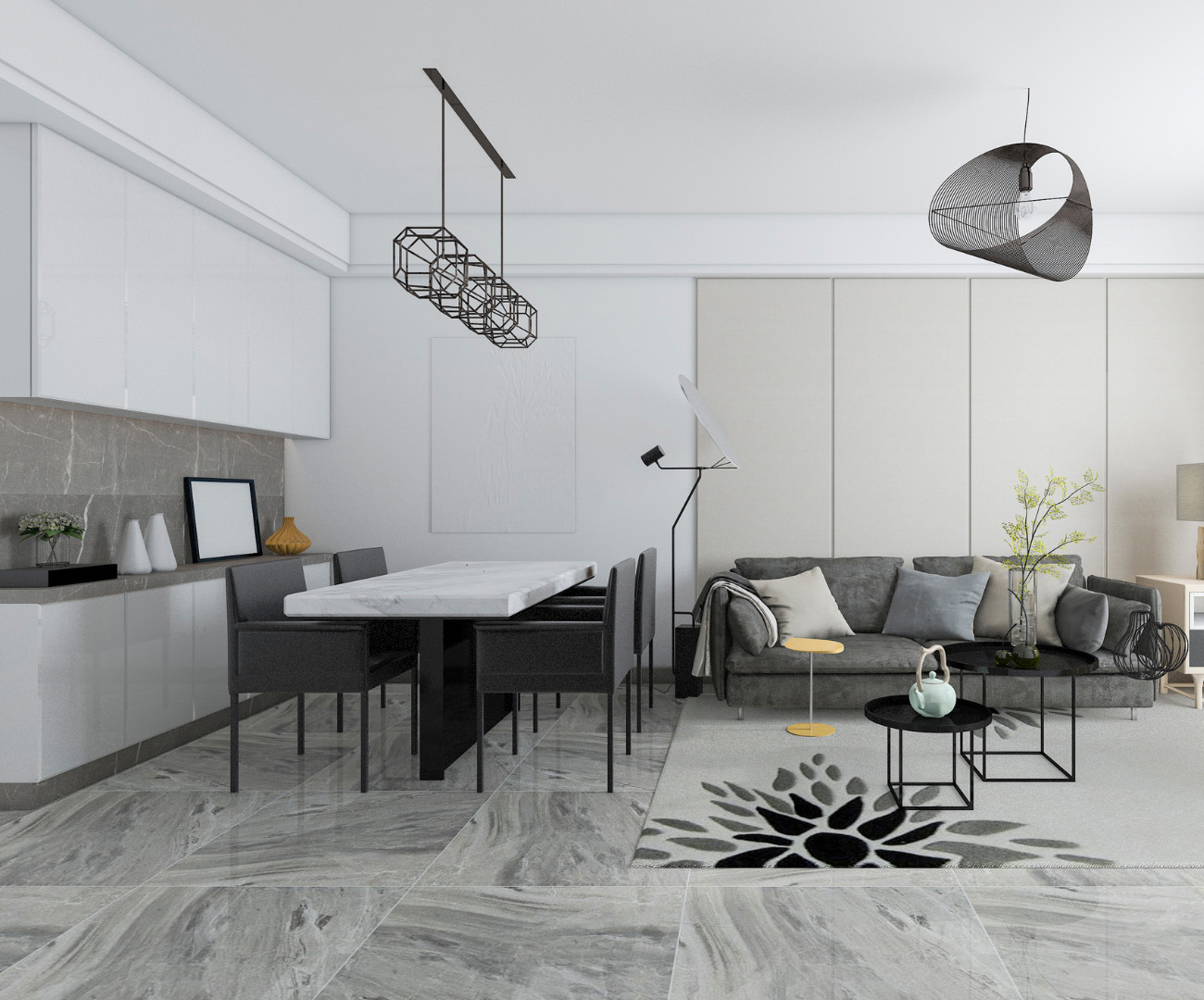
An annex is a self-contained living space that is either attached to or detached from your main property. It typically includes a bedroom, living area, bathroom, and kitchenette. Building an annex can increase the value of your property by providing additional living space, a home office, or even a rental opportunity. Furthermore, an annex can improve the overall appeal of your property to potential buyers, as it offers a versatile space that can be tailored to suit various needs.
Benefits of Building an Annex
When considering building an annex, it may be for an elderly relative or to expand your living space, but you might be wondering what other advantages there are. It's good to consider all of the benefits that you may reap from having an annex, and if you decide to move home later down the line, you can use these selling points to attract potential buyers.- Extra space for a growing family or aging parents: An annex can provide the additional living space needed to accommodate a growing family or to care for aging parents, without having to move to a larger property.
- Potential rental income: If you choose to rent out your annex, it can generate a steady income stream, helping to offset the costs of the project and potentially providing a long-term return on investment.
- Increased property value: The additional square footage provided by an annex can significantly increase the value of your home, making it a worthwhile investment for homeowners looking to sell in the future.
- Greater flexibility: An annex can be used for various purposes, such as a home office, guest suite, or even a private retreat for family members seeking some peace and quiet.
- Attractive to potential buyers: If you decide to sell your home, having an annex can make it more appealing to potential buyers who may be looking for additional living spaces or rental income opportunities.
The Downside to Adding an Annex to you Home
There are a lot of benefits involved in adding an annex to your home, but it may not be the right solution for you and your home. Let's take a look at some factors that might affect your decision:- Initial cost: Building an annex can be a significant financial investment, with costs ranging from £80,000 to £100,000 or more, depending on factors such as size, location, and construction method. It is crucial to carefully consider your budget and long-term financial goals before embarking on such a project.
- Planning permission: Depending on the size and scope of your annex project, you may need to obtain planning permission from your local council. This can be a time-consuming and potentially costly process, with no guarantee of approval.
- Construction disruption: Building an annex can be a disruptive process, as construction work may cause noise, dust, and inconvenience for you and your neighbours.
- Potential impact on neighbours: Depending on the location and design of your annex, it may impact the privacy and enjoyment of your neighbours' properties. This could lead to objections and strained relationships.
These are important factors to include in your decision-making, and if any of these issues are making you reconsider building an annex, think about what other alternatives there are.
Alternatives to building an annex
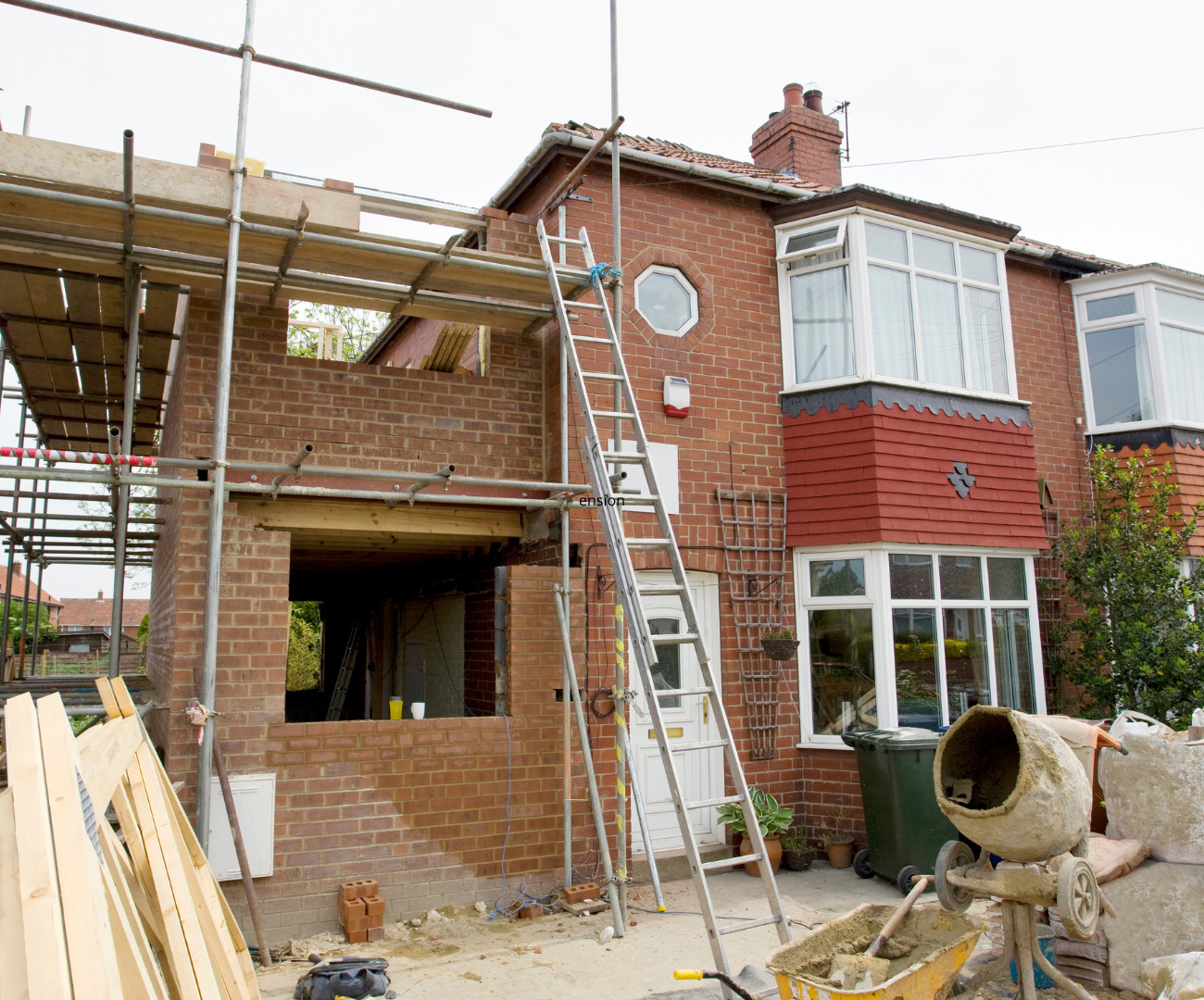
If you need more space, building an annex isn't your only option. Here are just a few alternative options:- Moving home: If you need more space or want to increase the value of your property, one option is to move to a larger home or a different location. This can be a costly and time-consuming process, but it may be more suitable for your needs and circumstances.
- Converting existing space: Rather than building an annex, you could consider converting an existing part of your home, such as a garage, loft, or basement, into additional living space. This can be a more cost-effective and less disruptive option, but it may not provide the same level of flexibility and rental income potential as an annex.
- Building an extension: Another option is to build an extension onto your existing property, which can also provide additional living space and increase the value of your home. However, this will still involve construction work and may require planning permission.
Who would benefit from an annex?
An annex can cater to a wide range of users and their specific needs. Here are some common types of users who could benefit from an annex on your property:- Multi-generational families: An annex can provide a private and comfortable space for elderly parents or grandparents who wish to live close to their family. This arrangement offers independence for the older generation while also allowing them to maintain close ties with their loved ones.
- Young adults: As housing costs continue to rise, many young adults are struggling to afford their own homes. An annex can provide an affordable and convenient living arrangement for adult children who need time to save for their own property or who prefer to live close to their parents for support.
- Home-based professionals: With remote work becoming increasingly popular, an annex can serve as a dedicated home office or workspace for those who need a separate area to focus and maintain a work-life balance.
- Guests or lodgers: An annex can be used as a guest suite for visiting friends and family, providing them with a comfortable and private space during their stay. Alternatively, you could rent out the annex to lodgers, generating additional income while offering affordable accommodation to tenants.
- Individuals with special needs: An annex can be adapted to provide a safe and accessible living space for family members with disabilities or special needs. Customised features such as wheelchair ramps, handrails, and accessible bathrooms can be incorporated to ensure a comfortable and supportive environment.
- Artists or Hobby enthusiasts: An annex can serve as a dedicated space for artists, musicians, or hobby enthusiasts who require a separate area to practice and create without disturbing the rest of the household. This can be especially beneficial for those who need a quiet, inspiring, and organized environment to focus on their craft.
- Home-based businesses: Small business owners or entrepreneurs may find an annex a suitable location for their home-based business operations. This could include a consultation room for professionals like therapists or consultants, a treatment room for beauty or wellness practitioners, or even a small workshop for artisans.
- Short-term rental opportunities: If you live in a desirable location or near popular tourist attractions, you could turn your annex into a short-term rental space, such as an Airbnb. This can provide additional income and give you the flexibility to use the space as needed.
Breakdown of Costs

Building an annex in the UK can be a substantial financial investment, with costs varying depending on several factors such as the size, materials, location, and construction method. In this section, we will provide a breakdown of the estimated costs you can expect when building an annex in the UK, with the average cost ranging from £80,000 to £100,000.Basic construction costs: The most significant portion of the budget will be allocated to the actual construction of the annex. Basic construction costs can range from £1,500 to £2,500 per square metre, depending on the complexity of the design and the materials used. For example, a 40-square-metre annex could cost anywhere between £60,000 and £100,000 for the basic construction.- 1. Planning and design fees: Before starting construction, you may need to obtain planning permission and enlist the services of an architect or designer to create the plans for your annex. Planning fees can vary depending on the local authority, while architect or designer fees typically range from 3% to 7% of the total construction cost.
- 2. Utilities and connections: To make your annex habitable, you will need to connect it to essential utilities such as water, electricity, and gas. The costs for connecting these utilities will vary depending on the existing infrastructure and the distance between the main property and the annex. You should budget approximately £3,000 to £7,000 for utility connections, but this may vary depending on your specific circumstances.
- 3. Interior fittings and finishes: The costs of interior fittings and finishes will depend on your preferences and the level of quality you desire. This includes items such as flooring, lighting, bathroom fixtures, kitchen appliances, and cabinetry. A basic level of finishes and fittings could cost around £10,000 to £15,000, while higher-end options can easily exceed £25,000.
- 4. Landscaping and external works: Depending on the design and location of your annex, you may need to allocate funds for landscaping and external works, such as paving, fencing, or planting. These costs can vary widely depending on the scope of the project and your desired outcome but expect to budget at least £3,000 to £10,000 for landscaping and external works.
- 5. Contingency fund: It's always wise to set aside a contingency fund to cover any unexpected costs or changes during the construction process. A recommended contingency fund is typically around 10% to 15% of the total construction cost.
Make the most of your investment, by working closely with experienced professionals, such as architects, designers, and builders, who can help you navigate the planning and construction process. Additionally, researching and understanding the local property market will help you gauge the potential return on investment for your annex project.
Will Building an Annex Affect my Council Tax?
Council Tax is an important consideration when building an annex on your property, as it can impact your overall financial obligations. Depending on your situation, take into consideration the following:- Council Tax Bands: Council Tax is charged based on the property's value and its assigned Council Tax band. When you build an annex, it may be given its own Council Tax band separate from the main property. This means that you could be liable to pay Council Tax for both the main property and the annex, potentially increasing your overall tax obligations.
- Council Tax Discounts: In certain situations, you may be eligible for a Council Tax discount on your annex. If the annex is occupied by a dependent relative, such as a person aged 65 or older, an adult with a disability, or a young person under 18, you may qualify for a 50% reduction in Council Tax for the annex. It's essential to check with your local council to determine your eligibility for this discount.
- Council Tax Exemptions: Some annexes may be exempt from Council Tax altogether. If the annex is unoccupied and cannot be let separately from the main property due to planning restrictions, it may be exempt from Council Tax. Additionally, if the occupant of the annex is a full-time student or someone with a severe mental impairment, the annex may also qualify for a Council Tax exemption.
Key Takeaways
- An annex provides versatile living space for various users, including multi-generational families, young adults, home-based professionals, and individuals with special needs.
- The average cost of building an annex in the UK ranges from £80,000 to £100,000, depending on factors such as size, materials, location, and construction method.
- Consider the pros and cons of building an annex, such as the potential for rental income, increased property value, and planning permission requirements, before making a decision.
- Explore alternative options, such as moving to a larger home, converting existing space, or building an extension, to determine the best solution for your needs.
- Collaborate with experienced professionals, such as architects, designers, and builders, to ensure a smooth planning and construction process.
- Research local property market trends and potential financial assistance or grants to maximise the return on investment for your annex project.
- Spend time researching how much it will increase the value of your home, and take a look at other similar properties in your area with annexes.


